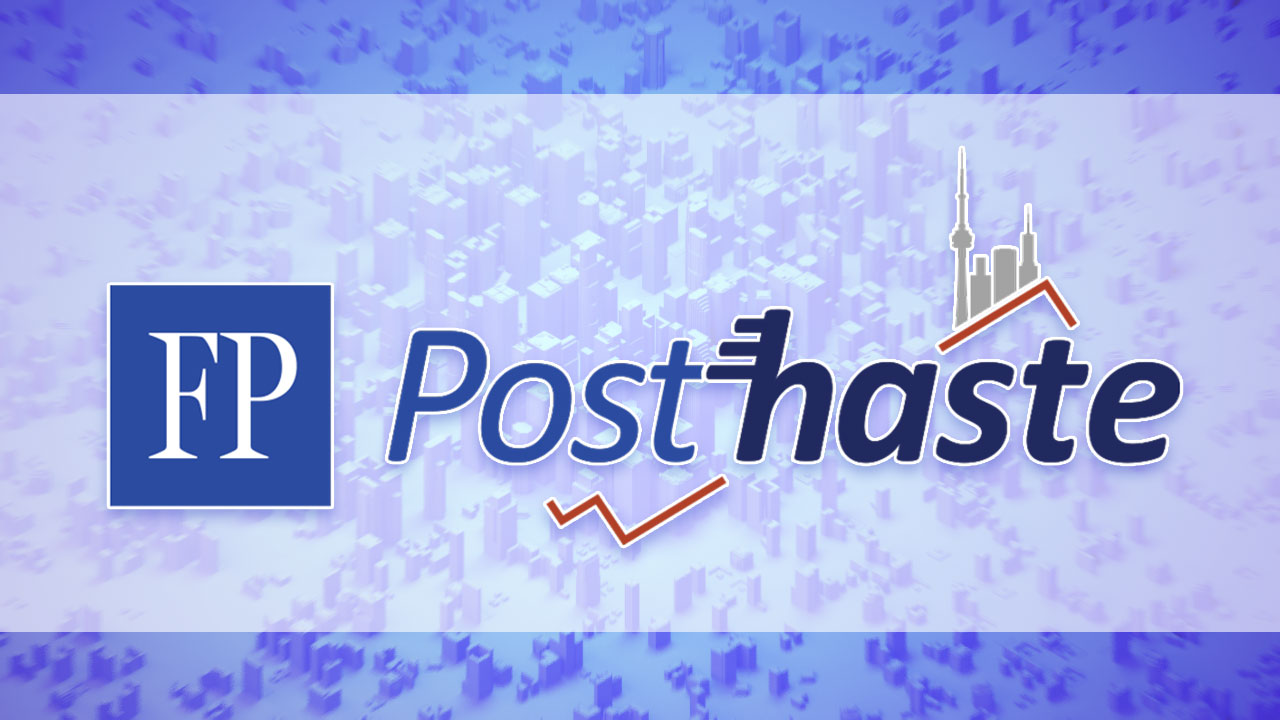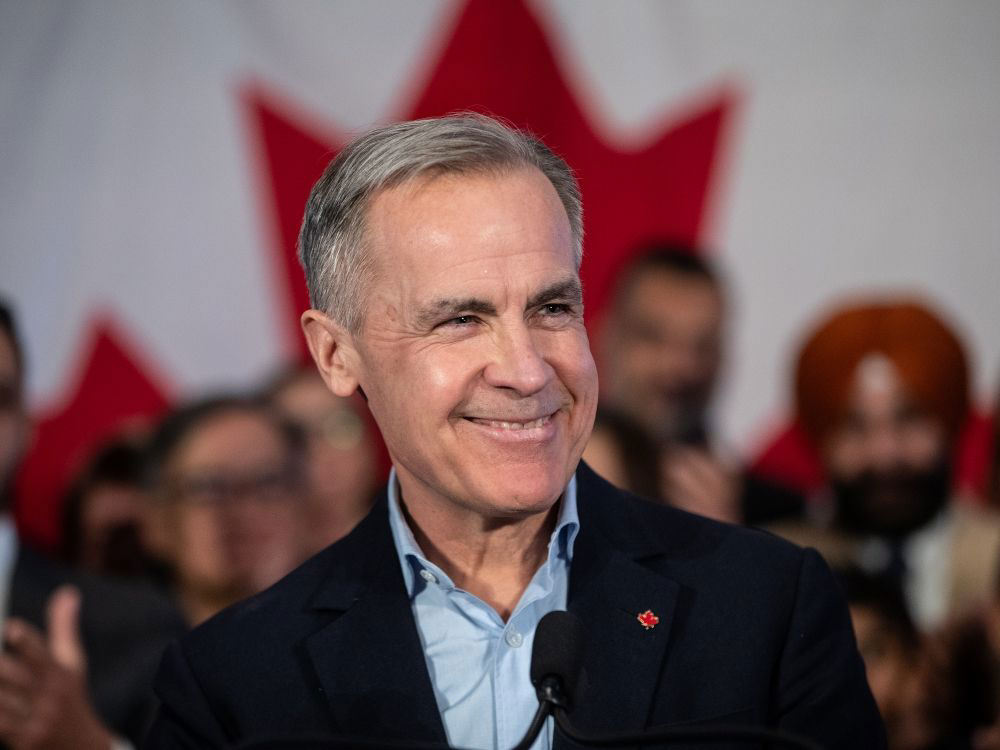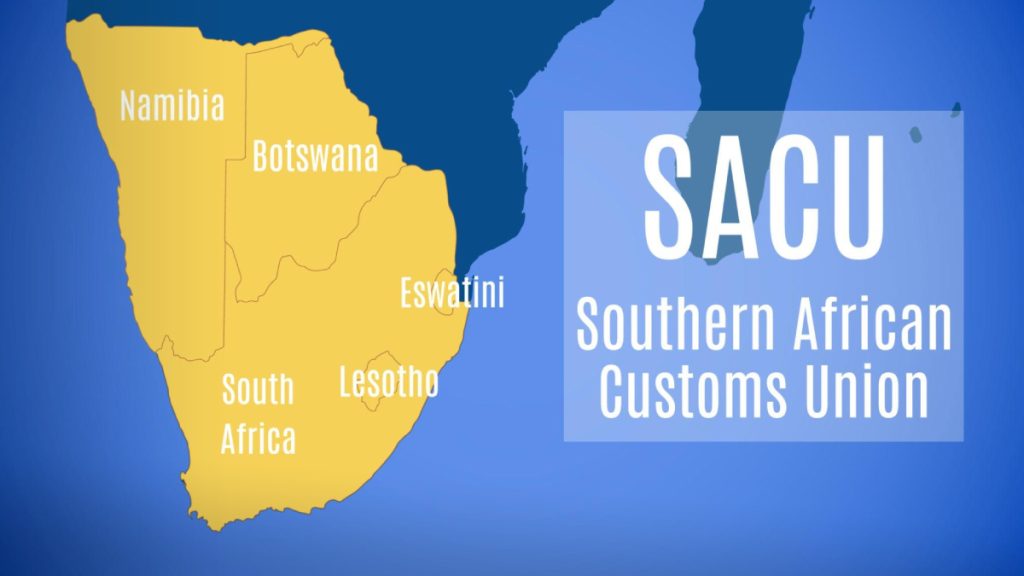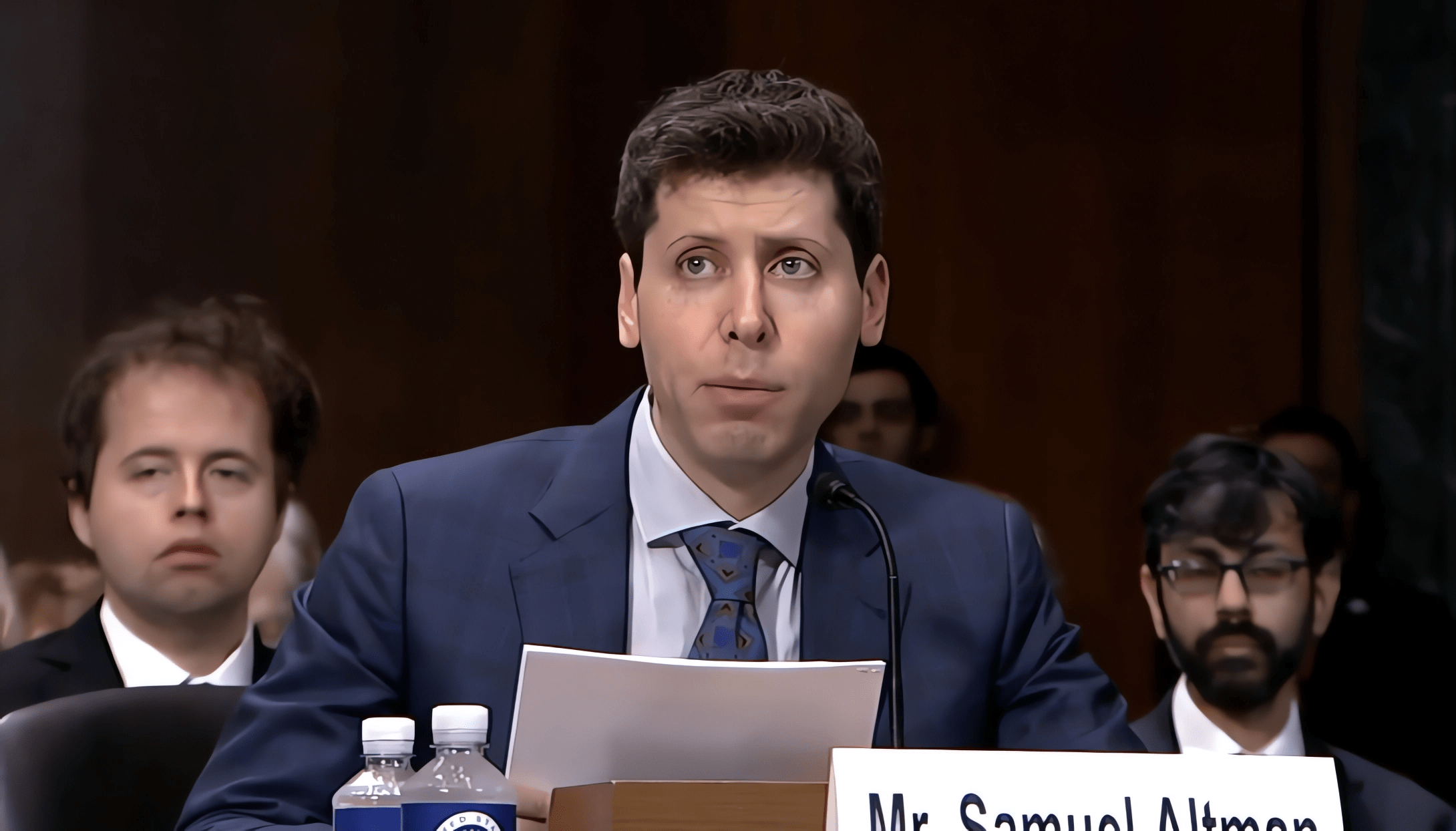The Posthaste Effect: A Canadian Travel Boycott And Its Economic Repercussions In The US

Table of Contents
The Magnitude of Canadian Tourism to the US
H3: Pre-Pandemic Numbers & Trends:
Before the COVID-19 pandemic, Canadian tourism to the US was a significant economic driver. Millions of Canadians crossed the border annually, contributing billions of dollars to the US economy. Popular destinations included states like Florida, California, New York, and those bordering Canada.
- Visitor Numbers: Pre-pandemic data showed millions of Canadian visitors annually, consistently ranking Canada as a top source of international tourists for the US.
- Spending Power: Canadian tourists demonstrated high spending per visitor, contributing significantly to revenue in various sectors. This included both leisure spending (on attractions, dining, and accommodation) and business travel.
- Key Trends: Certain US states and industries showed a heavier reliance on Canadian tourism, making them particularly vulnerable to any downturn in cross-border travel. For example, border towns and states often experienced a substantial portion of their annual revenue from Canadian visitors.
These pre-pandemic statistics highlight the crucial role Canadian tourism played in supporting various US economic sectors. Understanding these numbers provides a baseline for assessing the potential economic consequences of a future decline in Canadian tourism to the US. Keywords: Canadian tourism to US, cross-border travel, US tourism statistics, Canadian tourist spending.
H3: Post-Pandemic Recovery and Current Trends:
The COVID-19 pandemic significantly impacted Canadian tourism to the US, causing a sharp decline in visitor numbers and spending. While recovery has begun, current numbers are still below pre-pandemic levels. Several factors have influenced this recovery:
- Exchange Rates: Fluctuations in the Canadian dollar relative to the US dollar directly impact the affordability of travel for Canadians. A weaker Canadian dollar makes travel to the US more expensive.
- Travel Restrictions: Past and potential future travel restrictions, including border closures and testing requirements, have acted as significant barriers to cross-border travel.
- Border Policies: Changes in US immigration and border policies can also influence the willingness of Canadians to travel south.
Analyzing the post-pandemic recovery compared to pre-pandemic data reveals the ongoing challenges and the fragility of the US tourism sector's reliance on Canadian visitors. Keywords: Post-pandemic tourism, Canadian travel recovery, US-Canada border, exchange rate impact.
Economic Sectors Impacted by a Potential Boycott
H3: The Hospitality Industry:
A reduction in Canadian tourism would severely impact the US hospitality industry, particularly in border states and popular tourist destinations. Hotels, restaurants, and related businesses heavily rely on Canadian visitors.
- Hotel Occupancy: Many hotels, especially those close to the border, experience significant occupancy rates thanks to Canadian tourists. A boycott could lead to substantial decreases in occupancy, resulting in revenue losses and potential job cuts.
- Restaurant Revenue: Restaurants, cafes, and bars also benefit substantially from Canadian tourism. Decreased visitor numbers could significantly impact their revenue streams.
- Job Losses: The ripple effect of reduced tourism could translate to job losses across the hospitality sector, impacting everything from hotel staff to restaurant workers.
H3: Retail and Entertainment:
The retail and entertainment sectors would also feel the effects of a Canadian travel boycott. Canadian tourists contribute significantly to retail sales and spending at entertainment venues.
- Retail Sales: Shopping malls and retail stores near border crossings would see a significant decrease in sales if Canadian tourists are absent. This would affect both large chains and smaller local businesses.
- Entertainment Industry: Theme parks, casinos, and other entertainment venues rely heavily on international tourism, including that from Canada. A decline in Canadian visitors could lead to reduced revenue and potential layoffs.
Quantifying the potential revenue loss across these sectors due to decreased Canadian spending necessitates further research and economic modeling, but the potential impact is undeniably substantial. Keywords: Retail sales, entertainment industry, shopping tourism, consumer spending.
H3: Transportation Sector:
Airlines, bus companies, and other transportation services that rely on Canadian travelers would experience significant disruptions in the event of a boycott.
- Airline Industry: Airlines offering flights between Canadian and US cities would face reduced demand, potentially leading to flight cancellations, route reductions, and job losses within the airline industry.
- Transportation Revenue: Bus companies and other ground transportation services that transport tourists between border points would also experience reduced revenue.
The interconnectedness of the transportation sector with tourism makes it highly vulnerable to shifts in cross-border travel. Keywords: Airline industry, transportation revenue, travel logistics, border crossings.
Potential Causes of a Canadian Travel Boycott
H3: Political and Social Factors:
Political tensions or social issues between the US and Canada could significantly influence Canadian travel patterns.
- Trade Disputes: Trade disagreements or protectionist policies could sour relations and lead to boycotts or reduced travel.
- Immigration Policies: Changes in US immigration policies that negatively impact Canadian citizens could deter travel.
- Environmental Concerns: Growing environmental awareness might cause some Canadians to boycott destinations perceived as environmentally damaging.
Understanding the potential impact of political and social issues is crucial for maintaining positive US-Canada relations and supporting cross-border travel. Keywords: Political relations, social activism, travel boycotts, consumer behavior.
H3: Economic Factors:
Economic conditions in Canada and the US play a pivotal role in determining the level of cross-border travel.
- Exchange Rates: An unfavorable exchange rate makes travel to the US more expensive for Canadians, reducing the number of trips.
- Economic Downturn: A recession in Canada could directly reduce disposable income, leading to fewer Canadians traveling abroad.
- Inflation and Travel Costs: Rising inflation and increasing travel costs (flights, accommodation) can make travel unaffordable for many Canadians.
Economic factors often represent the most direct and immediate drivers of changes in tourism patterns. Keywords: Economic downturn, exchange rates, inflation, travel affordability.
Conclusion
The potential "Posthaste Effect"—a significant reduction in Canadian tourism to the US—presents a substantial economic risk. The significant contribution of Canadian visitors to various US industries highlights the vulnerability of these sectors to changes in cross-border travel. Understanding the potential causes of a boycott and the resulting economic repercussions is crucial for businesses and policymakers alike. By proactively addressing potential issues and fostering positive US-Canada relations, we can mitigate the risk of this significant economic disruption. Learning about the Posthaste Effect and its potential impact is a crucial step in maintaining a healthy and thriving tourism sector on both sides of the border. Further research into the potential consequences of decreased Canadian tourism to the US is encouraged.

Featured Posts
-
 Pegula Triumphs A Comeback Win Against Collins At The Charleston Open
Apr 27, 2025
Pegula Triumphs A Comeback Win Against Collins At The Charleston Open
Apr 27, 2025 -
 Belinda Bencic Reaches Abu Dhabi Open Final After Daughters Birth
Apr 27, 2025
Belinda Bencic Reaches Abu Dhabi Open Final After Daughters Birth
Apr 27, 2025 -
 Canadas Divided Response To Trump Albertas Oil Industry And The National Narrative
Apr 27, 2025
Canadas Divided Response To Trump Albertas Oil Industry And The National Narrative
Apr 27, 2025 -
 Trumps Trade Pressure Carneys Urgent Message To Canadian Voters
Apr 27, 2025
Trumps Trade Pressure Carneys Urgent Message To Canadian Voters
Apr 27, 2025 -
 Negotiations To Resolve South Africa Tanzania Farm Import Dispute
Apr 27, 2025
Negotiations To Resolve South Africa Tanzania Farm Import Dispute
Apr 27, 2025
Latest Posts
-
 Open Ais Chat Gpt An Ftc Investigation And Its Potential Consequences
Apr 28, 2025
Open Ais Chat Gpt An Ftc Investigation And Its Potential Consequences
Apr 28, 2025 -
 Chat Gpt Developer Open Ai Faces Ftc Investigation
Apr 28, 2025
Chat Gpt Developer Open Ai Faces Ftc Investigation
Apr 28, 2025 -
 Ftc Investigates Open Ais Chat Gpt What It Means For Ai Development
Apr 28, 2025
Ftc Investigates Open Ais Chat Gpt What It Means For Ai Development
Apr 28, 2025 -
 Jan 6 Witness Cassidy Hutchinson To Publish Memoir This Fall
Apr 28, 2025
Jan 6 Witness Cassidy Hutchinson To Publish Memoir This Fall
Apr 28, 2025 -
 Cassidy Hutchinson Plans Memoir A Look Inside The January 6th Hearings
Apr 28, 2025
Cassidy Hutchinson Plans Memoir A Look Inside The January 6th Hearings
Apr 28, 2025
